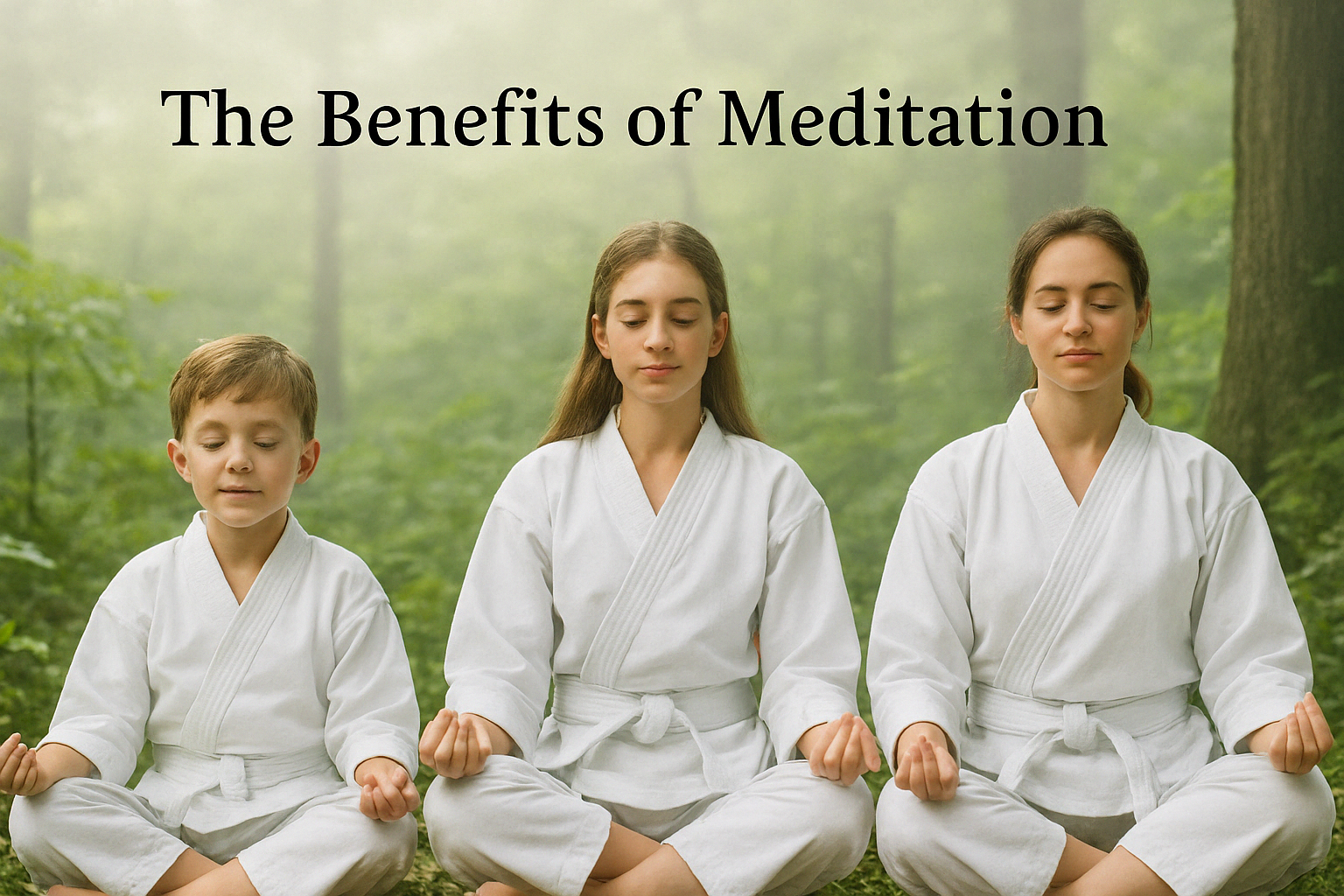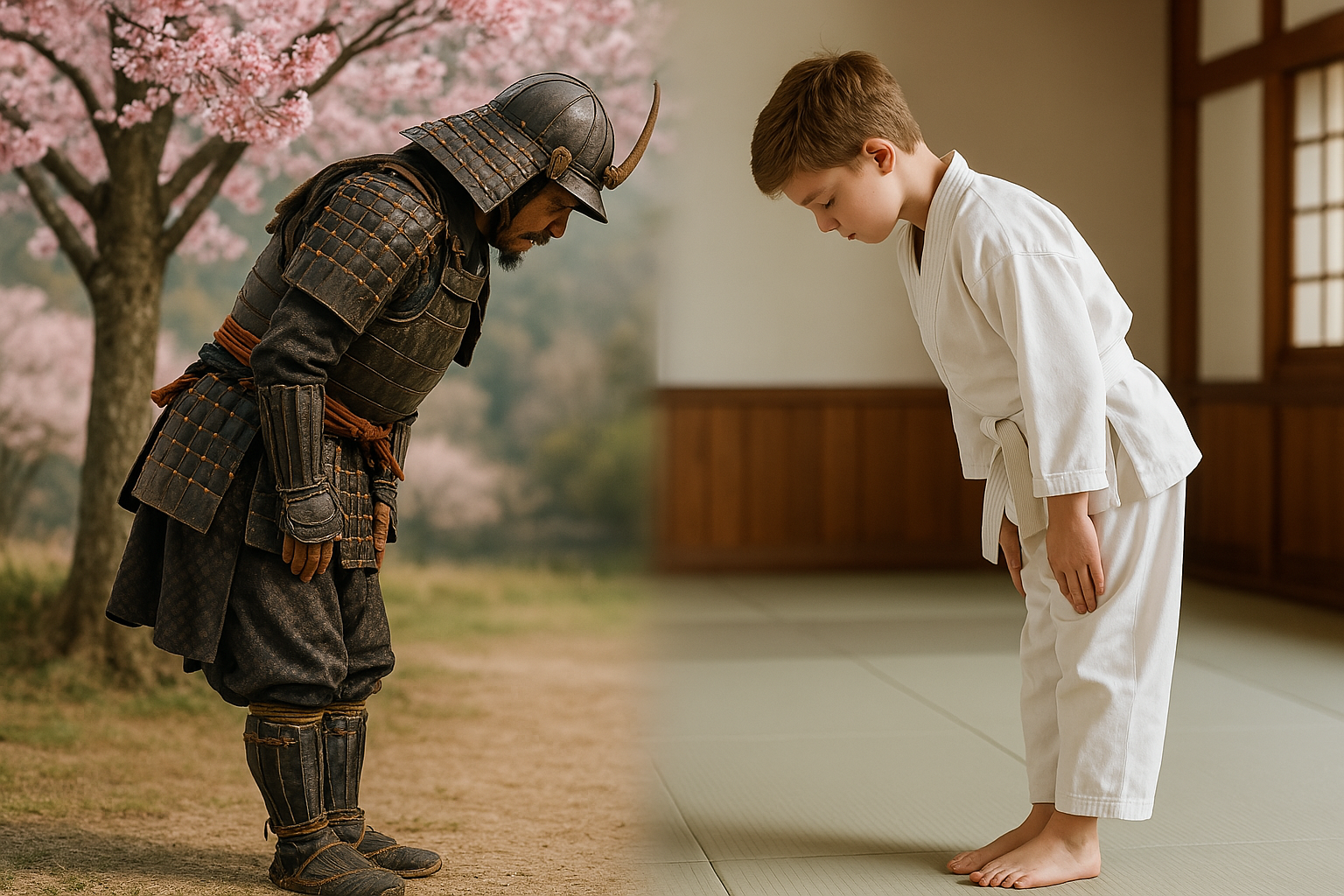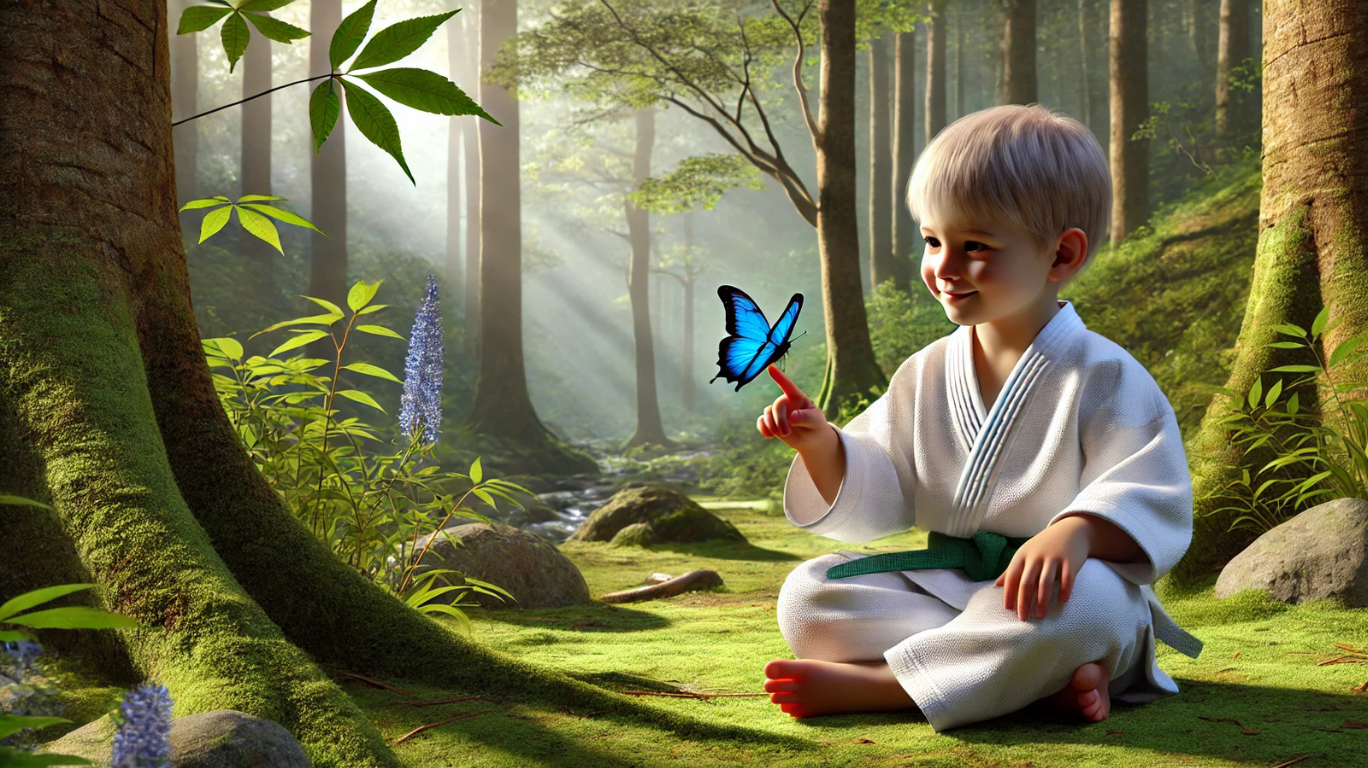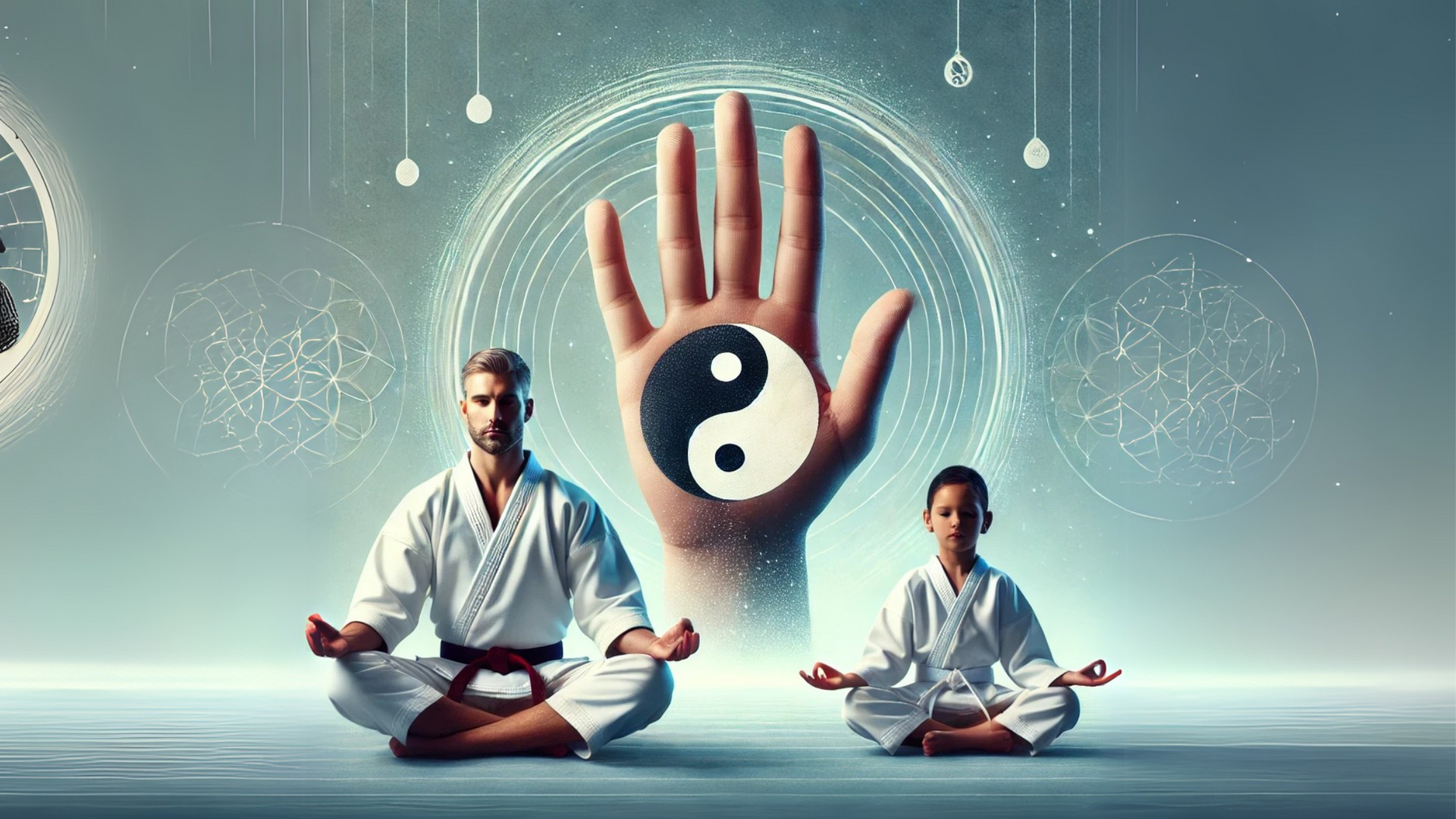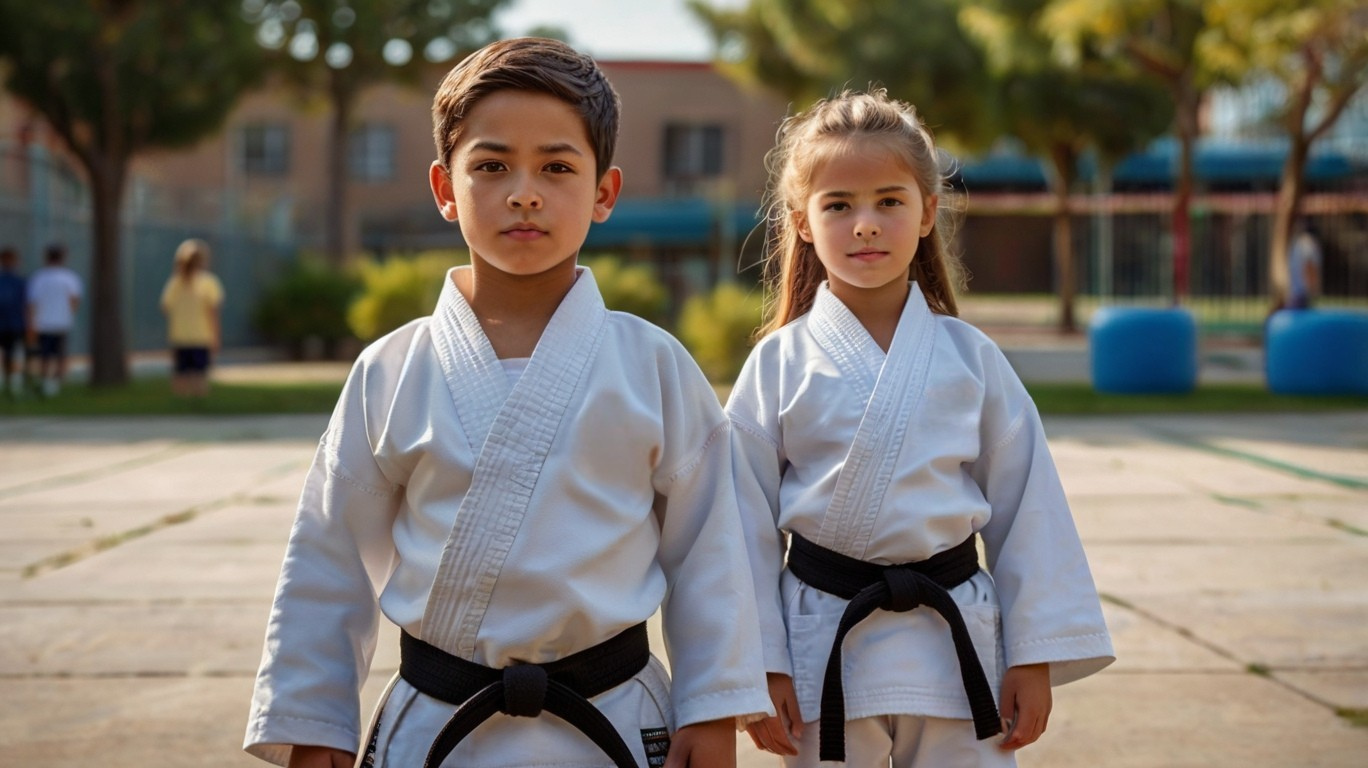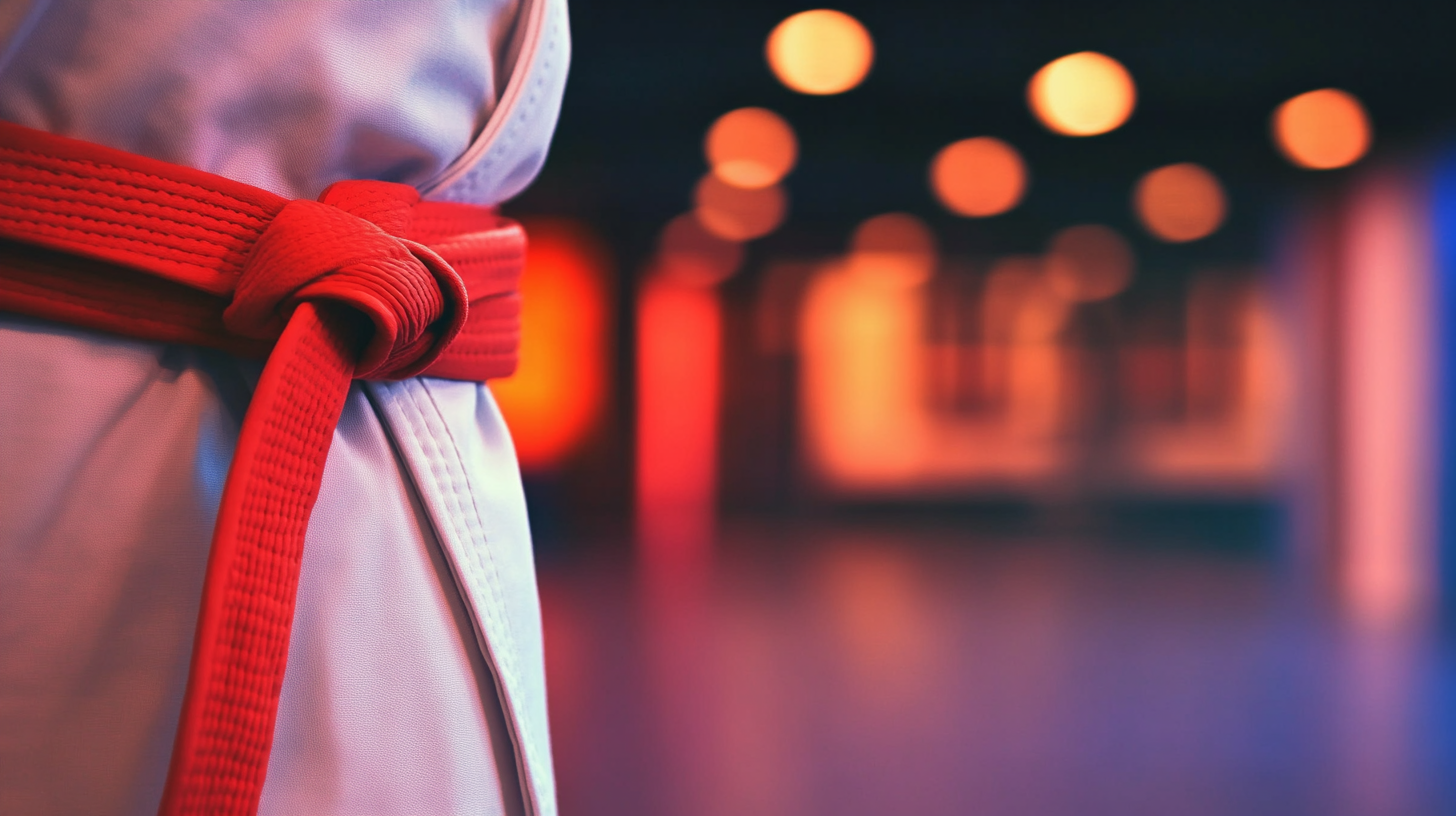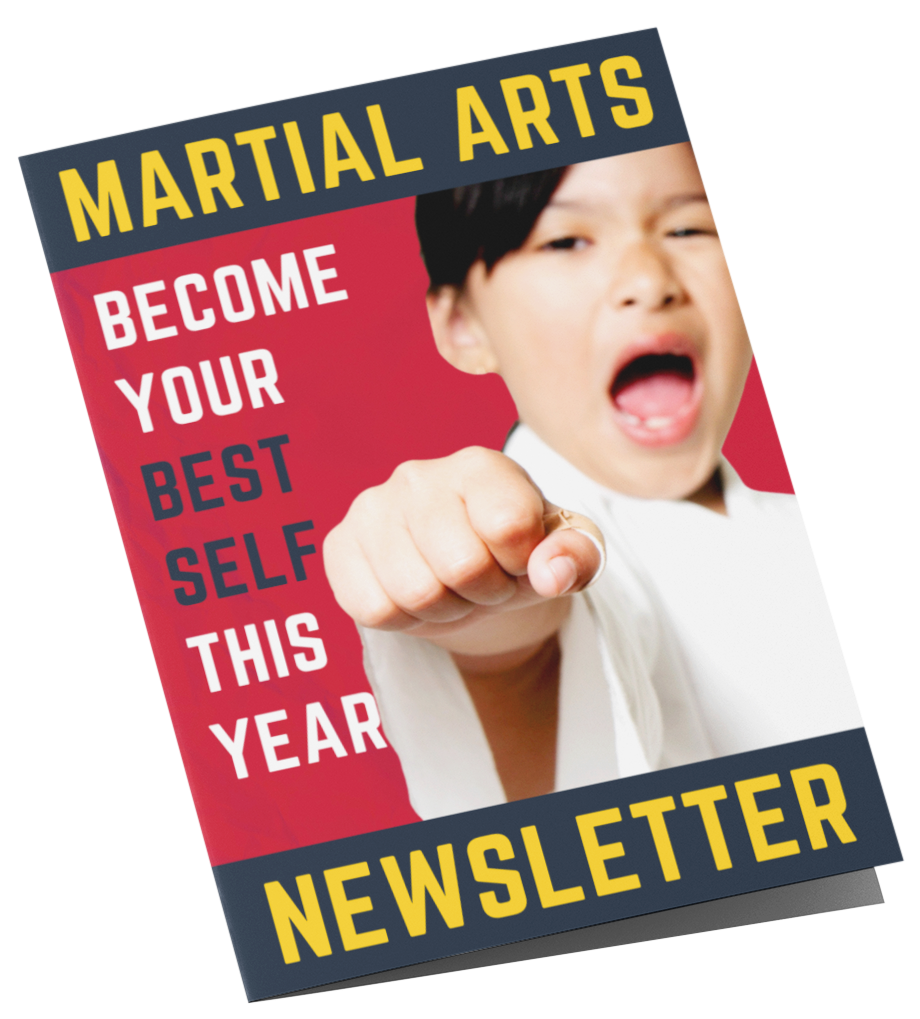Bullies and predators seek out individuals who appear vulnerable, aiming to dominate without facing resistance.
As martial arts instructors, we know that martial arts training naturally builds confidence, but instead of seeing this as just a by-product of training, let’s break it down into a specific, teachable methodology.
Understanding the Predator's Mindset
Predators and bullies target individuals who show signs of weakness—this is a well-researched fact. Studies have shown that criminals assess a person’s body language, gait, and posture to determine if they would make an easy target.
Studies on martial artists found that predators tend to stay away from them because they display low vulnerability cues. This suggests that simply learning self-defense techniques makes a person appear more confident, self-assured, and less vulnerable—even without throwing a punch.
The Role of Martial Arts in Building Confidence
Martial arts instills discipline and self-esteem, empowering students to project confidence in a variety of situations. The key elements of projecting power vs. a victim mindset are:
🚩Confident Eyes
Maintaining steady eye contact signals self-assurance.
In martial arts, students focus on their opponent’s movements, which naturally translates into improved eye contact in daily life.
Avoiding eye contact signals submission—we train students to look forward, not down.
🚩Confident Voice
A clear and assertive tone shows control and self-confidence.
Martial arts training reinforces strong vocalization—kiais, counting, and loud commands teach students how to use their voice powerfully.
A firm “Leave me alone” spoken with confidence carries more weight than a hesitant whisper.
🚩Confident Posture
A strong stance conveys readiness and resilience.
Good posture prevents slouching, which can make someone appear weak or insecure.
Martial artists learn to stand tall, keep their shoulders back, and move with purpose.
Practical Applications: Training Confidence in the Dojang/Dojo & Beyond
Now that we understand how eyes, voice, and posture project confidence, how do we make it second nature for our students? The key is repetition and integration in training.
Power Drills: Eyes, Voice, Posture
A simple way to reinforce confidence in class with our students is through verbal cue drills:
✔️Have students call out "Eyes!" and punch.
✔️Then "Voice!" and punch with a strong kihap (yell).
✔️Finally, "Posture!" and throw a strong punch from a stable stance.
By making this a consistent regular part of class it becomes ingrained in students mindsets and muscle memory.
Social Confidence: Practicing Handshakes & Introductions
Another powerful exercise is pairing students off and having them introduce themselves with confidence.
✔️Firm handshake
✔️Strong eye contact
✔️Clear introduction (e.g., "Hi, my name is Alex. Nice to meet you.")
This simple drill teaches valuable social skills while reinforcing eyes, voice, and posture in real-world interactions. The more they practice it inside the dojo, the more natural it will feel outside the dojo.
The Real-World Impact of Confidence Training
When students consistently train in projecting confidence, they naturally apply it in everyday situations:
✔️In school – They stand tall, speak clearly, and are less likely to be bullied.
✔️In public – They move with purpose, making them less appealing to predators.
✔️In sports & leadership – Confidence gives them an edge in competition and teamwork.
Confidence is not just about self-defense—it’s about self-respect.
Conclusion
Teaching children to project confidence through eyes, voice, and posture is a vital strategy in preventing bullying and deterring predators.
Martial arts training provides a structured, repeatable way to cultivate these attributes, giving students the tools to carry themselves assertively in all areas of life.
By embedding confidence-building drills into training, we ensure students don’t just learn to fight—they learn to walk through life with strength and presence.
At Warrior Scholar Martial Arts, we believe that knowledge is power. Just like self-defense, learning how to recognize and avoid dangerous situations can save a life.
Take Action Today
Keeping your child safe starts with awareness and education. At Warrior Scholar Martial Arts, we empower families with knowledge and self-defense skills to navigate today’s challenges.
For more insights on martial arts training, confidence-building, and personal safety, visit:
Check us out on GoogleEstablished in 1968,
Warrior Scholar Martial Arts Academy
has proudly served the communities of Far Rockaway, Five Towns, Lawrence NY, Inwood NY, and Rosedale for over five decades. Known for our expert instruction in Martial Arts, we’ve empowered thousands of students with confidence, discipline, and lifelong self-defense skills. As a trusted martial arts school near you, we specialize in kids’ karate classes, family martial arts programs, and character development training. Discover why Warrior Scholar Martial Arts is the top choice for martial arts in the Five Towns area and beyond.
